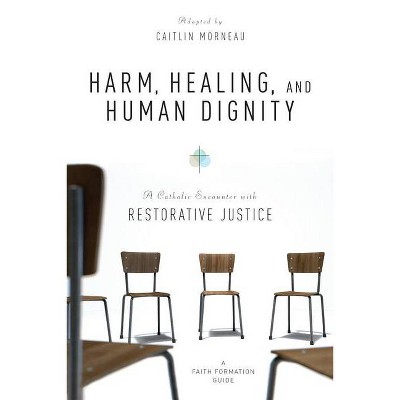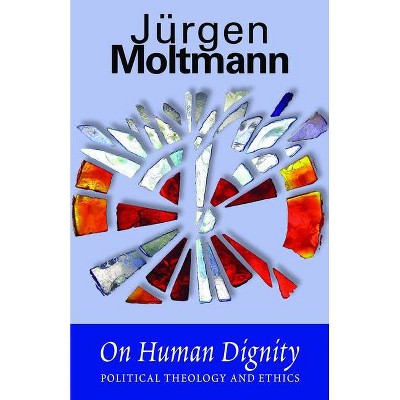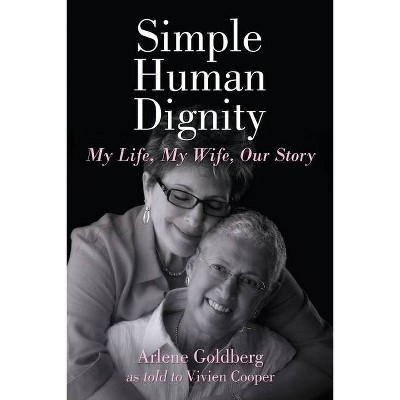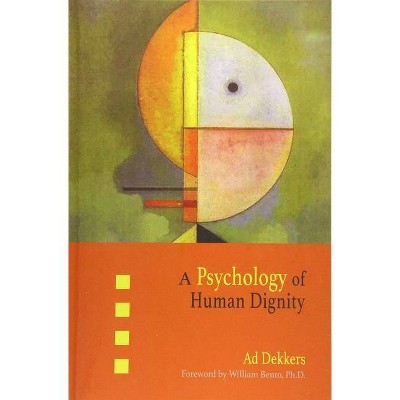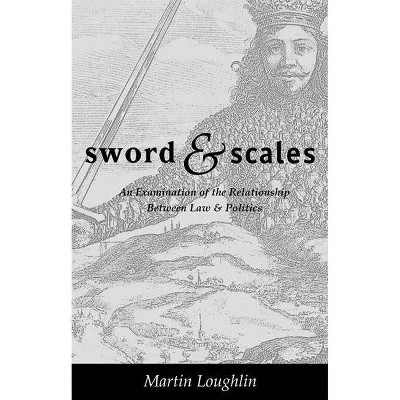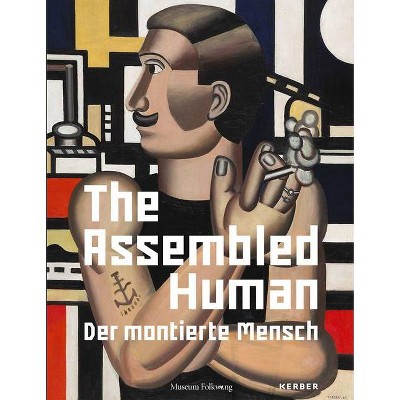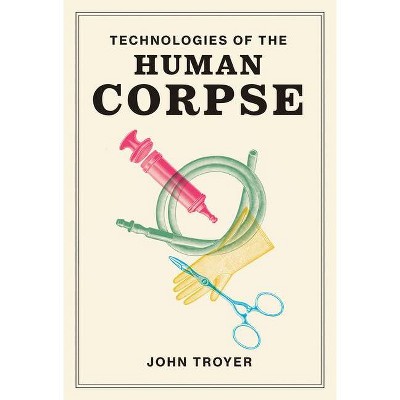Human Dignity in the Judaeo-Christian Tradition - by John Loughlin (Hardcover)
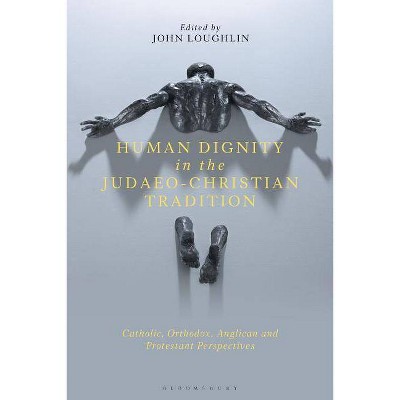
Similar Products
Products of same category from the store
AllProduct info
<p/><br></br><p><b> Book Synopsis </b></p></br></br>Dignity is a fundamental aspect of our lives, yet one we rarely pause to consider; our understandings of dignity, on individual, collective and philosophical perspectives, shape how we think, act and relate to others. This book offers an historical survey of how dignity has been understood and explores the concept in the Judaeo-Christian tradition.<br/><br/>World-renowned contributors examine the roots of human dignity in classical Greece and Rome and the Scriptures, as well as in the work of theologians, such as St Thomas Aquinas and St John Paul II. Further chapters consider dignity within Renaissance art and sacred music. The volume shows that dignity is also a contemporary issue by analysing situations where the traditional understanding has been challenged by philosophical and policy developments. To this end, further essays look at the role of dignity in discussions about transhumanism, religious freedom, robotics and medicine.<br/><br/>Grounded in the principal Christian traditions of Catholicism, Orthodoxy, Anglicanism, and Protestantism, this book offers an interdisciplinary and cross-period approach to a timely topic. It validates the notion of human dignity and offers an introduction to the field, while also challenging it.<p/><br></br><p><b> Review Quotes </b></p></br></br><br>A rich and powerful treatment of the idea of human dignity. This work draws together an impressive array of well-known international scholars to explore the Judeo-Christian and aesthetic dimensions of the concept. They mount a robust defense of the spiritual, biblical, and historical aspects of the idea against those who reject human dignity as a mere religious construct with no relevance for modernity.<br><br>John Loughlin and his colleagues provide an engaging and lively reconsideration of the value of human dignity in these troubled, contested times. This groundbreaking and important contribution to our understanding of ourselves and of the worth of each individual draws on a number of disciplines and perspectives, which reminds us that autonomy has to be debated, defended, redefined and prized, if it continues to serve as an ethical foundation for human interaction.<br><br>This volume provides a needed reassessment of the roots of human dignity from the vantage of the relational model of "likeness and image of God+? in the Judeo-Christian tradition. The authors' attention to the unmistakable contribution of this idea, its development alongside classical ideals, and the way it has broadly impacted culture and rights theories make this book a most valuable resource.<br><p/><br></br><p><b> About the Author </b></p></br></br><p><b>John Loughlin</b> is a Fellow at Blackfriars Hall, University of Oxford, UK and Emeritus Fellow of St Edmund's College, University of Cambridge, UK.</p>
Price History
Price Archive shows prices from various stores, lets you see history and find the cheapest. There is no actual sale on the website. For all support, inquiry and suggestion messagescommunication@pricearchive.us
